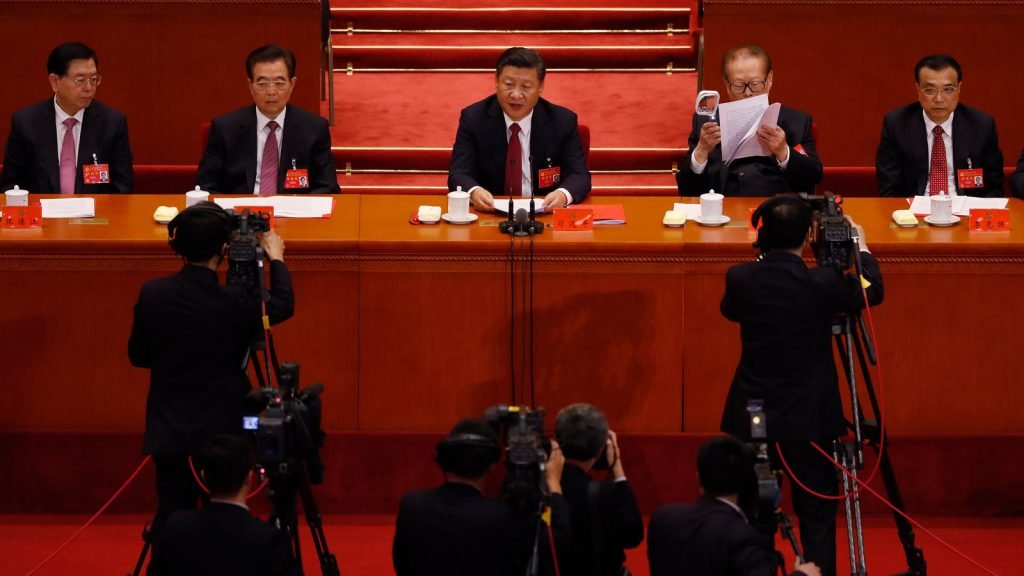China passes new land border law amid military standoff

The dynamics of the territorial controversies is uncertain with changing times, as China is channelling its super ambitious plans to emerge as a standing hegemony. The inter-state conflicts magnified, causing socio-political damage on either side as collateral damage. Miffed with recent dramatic events of the military impasse with the Indian forces, the Chinese Communist Party approved and ratified a new land border law. The mandate asserts Chinese sovereignty and territorial integrity as absolute. Any intrusion or violation of the sacred Chinese enclave shall seek to address the state and military to defend and preserve that sabotages China’s national interests on territorial occupation.
The law is designed to guarantee and invigorate defence across Chinese borders. It also hones in improving various facets of social infrastructures, such as boosting in planning and regulation procedures between PLA and socio-economic development in border areas. The statute came in a year, after a series of feuds between the People’s Liberation Army and Indian security forces along the Line of Actual Control (LAC). First proposed in the legislation in March, the law is set to come into force from 1st January 2022. The charter of this new border law designates Chinese arbitrary authority over the unresolved territorial discords with India and Bhutan.
Article 22 of the newly implemented Border law entitles China to carry out peace dialogues with its immediate neighbours in the quest to resolve long-standing controversies of land acclamations. It grants power to the PLA to ‘conduct and organize drills, prevent, stop and combat invasions, encroachment, provocation and any such act of explorations.’ Thus, China can seal its borders, increase its security if any armed expedition threatens its national interest. Article 22 of the new Border law also entrusts the role and position of various governing agencies in overcoming security and economic crises in the land border disputes.

Soon, after the law was approved by the members of CPC’s standing committee, an increased escalation in Chinese activity has been noted in the territorial waters of the South China Sea and East Sea, amidst the evolving politics of Taiwan-Chinese aggression. Recently, China has signed a Memorandum of Understanding with the Bhutanese government, on October 14, 2021, authorizing Chinese de facto dominion over contested areas of Doklam. It also ensures China’s jurisdiction in setting up modernized frontier villages across its territory which bolsters the Chinese occupation across the areas of conflict in a legitimized way.
Considered to be a historic move in Chinese territorial policy-making, Beijing is keenly focused on improving its border relations with its neighbouring countries. The new Land Border law poses a substantial threat to the vast Indian territorial boundary comprising 3488 kilometres. With the repeated intrusion of force, China has proved time and over again that it inclines settling the land acclamation issues with a combative approach than peace accords.
The Agreement on Maintenance of Peace and Tranquility along the Line of Actual Control of 1993, Agreement on Confidence Building Measures in the Military field of 1996, the 2005 Protocol on Modalities for the Implementation of the Confidence-Building Measures in the Military Field along the LAC, the Agreement on the Establishment of a Working Mechanism for Consultation and Coordination on India-China Border Affairs of 2012 and the 2013 Border Defense Cooperation Agreement have been revisited both Chinese government and the Indian counterpart to improve military cooperation and border relation management to achieve stable and friendly bilateral alliance between the two countries. Though negotiations are underway in the thick of recurrent military clashes, Article 10 along with Article 4 are hinting that China may deal with an iron fist when it comes to Indian territorial issues.


















